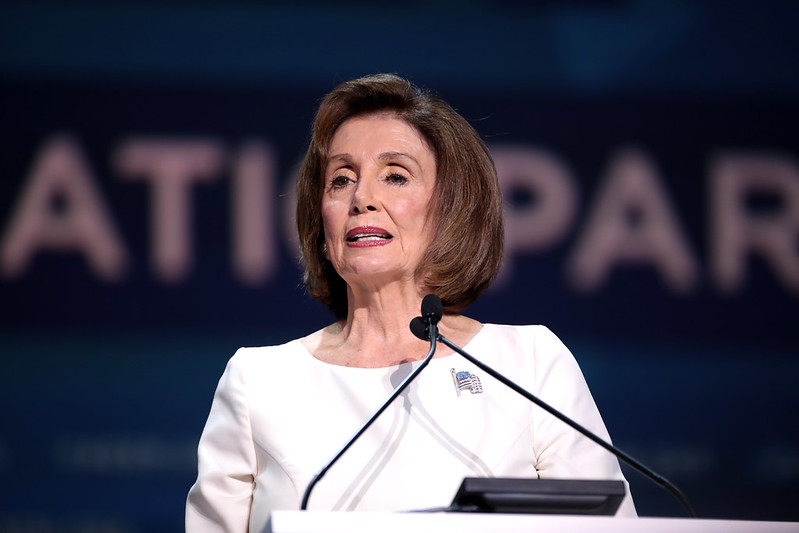
House Speaker Nancy Pelosi’s plan to levy a 95 percent tax on drug manufacturers could prevent 100 lifesaving medicines from being created over the next decade.
The White House Council of Economic Advisors has released a report on H.R. 3, the disingenuously named Lower Drug Costs Now Act. While Pelosi claims that her bill will save taxpayers money, CEA projects that the resulting worse health outcomes due to lack of access to cures will cost $1 trillion a year for the next ten years. H.R. 3 also creates new entitlements for vision and dental that will cost taxpayers billions of dollars.
The Pelosi bill imposes a retroactive, 95 percent excise tax on up to 250 drugs if a manufacturer does not agree to government-imposed prices. The tax starts at a 65 percent rate, increasing by 10 percent every quarter a manufacturer is out of “compliance.”
The report shows that the Pelosi tax will lead to fewer cures, shorter lives, and less access to quality healthcare for American patients. If implemented, the Pelosi tax will prevent cures for diseases like cancer, multiple sclerosis, hepatitis C, and epilepsy from being available for American patients.
It gets worse. CEA forecasts that H.R. 3 will reduce Americans’ average life expectancy by approximately four months over the next decade. This drop in life expectancy is due to the decrease in access to drugs that will inevitably occur when the government slaps drug manufacturers with a 95 percent tax on their lifesaving products.
The Pelosi tax will also have wide-ranging negative impacts on America’s population health. Estimates show that $2,000 in spending on pharmaceutical research and development increases population health by one statistical life-year. If implemented, CEA projects that the Pelosi tax would reduce population health by 37.5 million to 100 million life-years over the next decade.
In sum, the CEA report shows that the Pelosi drug tax would lead to fewer cures, less access to lifesaving medicines, and a shorter lifespan for American patients.

